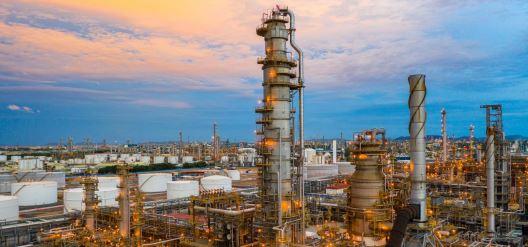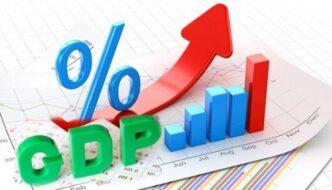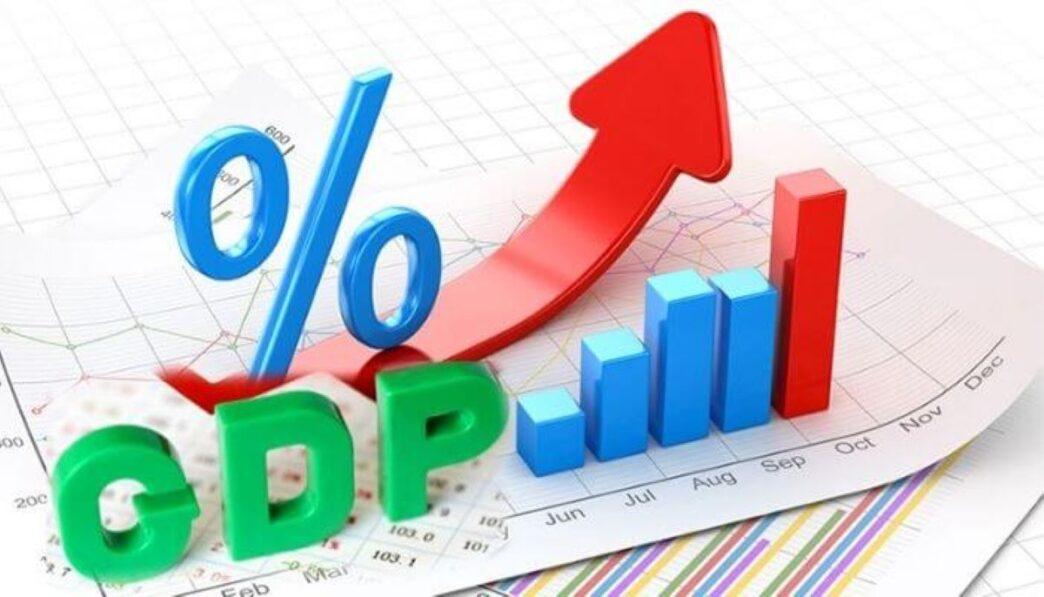Nigeria economic growth took center stage in the third quarter, exceeding forecasts and showcasing the vital role of the services and oil sectors in driving expansion.
The National Bureau of Statistics (NBS) revealed that the country’s GDP grew by 3.46% year-on-year, surpassing the median estimate of 2.86% from a Bloomberg survey of six economists.
Services Sector Powers Nigeria Economic Growth
The services sector demonstrated remarkable strength, expanding by 5.19% and contributing more than half of Nigeria’s aggregate GDP. This sector’s dynamic performance underscored its pivotal role in bolstering the economy, reflecting increased demand for various services across the nation.
Additionally, the non-oil sector achieved 3.37% growth during the period, further accentuating Nigeria’s economic diversification.
Oil Sector Remains a Crucial Contributor
The oil sector recorded a 5.17% growth, driven by improved production levels that reached 1.47 million barrels per day, up from 1.45 million in the same period last year. The sector benefited from efforts to enhance security and modernize aging infrastructure.

Moreover, the Dangote Refinery‘s recent commencement of gasoline production, alongside its plans to scale up capacity to 420,000 barrels per day, promises to elevate Nigeria economic growth in the coming quarters.
President Bola Tinubu’s 2025 budget proposal, scheduled for presentation on November 27, assumes crude oil output climbing to 2.06 million barrels daily at a projected price of $75 per barrel.
Meeting these ambitious targets could further strengthen the nation’s economic outlook.
Challenges Persist for Agriculture
However, agriculture faced significant setbacks, with output growth slowing to 1.1% compared to 1.4% in the previous quarter. Devastating floods wiped out crops, with the United Nations estimating that the loss would have fed 8.5 million people for six months.
This decline amplifies the urgent need for more robust climate resilience strategies in the agricultural sector.
Promising Outlook for Nigeria Economic Growth
The consistent expansion of the services sector, alongside stable oil production, reflects the resilience and potential of Nigeria’s economy.
While challenges in agriculture persist, ongoing improvements in oil infrastructure and the dynamic performance of the non-oil sector offer hope for sustained progress.
Nigeria economic growth continues to demonstrate the country’s ability to navigate complexities and chart a path toward a more diversified and robust future.
Read More:















